મોદી સરકારઃ સર્જિકલ સ્ટ્રાઈકથી લઈને નોટબંધી સુધી, 8 વર્ષમાં મોદી સરકારે લીધા આ 8 મોટા નિર્ણય
26-May-2022
ગુજરાતી ભાષામાં અનુવાદ કરો
Modi Government: From surgical strike to banknote ban, these 8 big decisions taken by Modi government in 8 years
8 Great Achievements of Modi Government: Modi Government has taken many big decisions, some of which have been harshly criticized by the Opposition. Apart from this, PM Modi is constantly saying that every decision of his government is in the interest of the country. Let's talk about 8 big decisions of the Center in 8 years.
PM Modi's big decisions in the last eight years: The Narendra Modi government at the Center has completed eight years in power. Prime Minister Narendra Modi has repeatedly said that his government is dedicated to the balanced development of the country, social justice and social security of the people. The Prime Minister recently said, “This month the NDA government will complete its 8 years. These are 8 years of resolutions and achievements. These eight years were dedicated to the service, good governance and welfare of the poor. In such a scenario, let us tell you about the 8 big decisions of this 8 year tenure of Modi government which made headlines not only in the country but in the whole world.
1. Note ban - The first term of Modi government (Modi 1.o) started in May 2014. The biggest decision was taken on November 8, 2016. The central government then announced the closure of old Rs 500 and Rs 1,000 notes. The decision was called a note ban. The government announced the issuance of new notes of Rs.500 and Rs.2,000 instead of the ban. Following the decision, people were seen standing in long lines outside banks to deposit old notes and get new ones in return. The decision has been taken with the objective of curbing black money and counterfeit notes in the country.
2. GST - This decision of the Center is also counted among the biggest decisions of the Modi Government. GST is known as Goods and Services Tax. This is an indirect tax which has replaced many indirect taxes in India like excise duty, VAT, service tax. Let me tell you that this decision came into effect on July 1, 2017. Goods and Services Tax (GST) is levied on the supply of goods and services. The Goods and Services Tax Act is a comprehensive, multi-tiered, destination-based tax in the country, also known as the One Nation Act.
3. Surgical Strike - This decision of the Modi government to break into the house and kill the enemies made headlines all over the world. That date was September 29, 2016 when India announced that it had carried out a surgical strike targeting terrorist launch pads along the Line of Control (LoC) in Pakistan-occupied Kashmir (POK) and eliminated a large number of terrorists. However, Pakistan rejected India's claim. But the world knows that the pain of this action has been plaguing Pakistan for a long time. Let me tell you that India decided to go on a surgical strike to avenge the cowardly attack on the country's movement in Uri. Eighteen people were killed in the Uri attack. Then PM Modi said in a rally that keeping in view the sentiments of the country's army and its personnel, the government had given them a 'free hand' to plan and carry out the surgical strike. The purpose of the surgical strike is to avenge the Uri attack.
4. Triple Divorce - The second term of Modi Government (Modi Government 2.o) started on 26 May 2019. After coming to power in 2019 and with an overwhelming majority, PM Modi took many big decisions in a hurry. Opposition and Muslim groups have strongly criticized the decision to outlaw triple divorce. Triple divorce is also called triple divorce. Under which any Muslim man can get his wife out of life by saying talaq-talaq-talaq three times. The Triple Divorce Act has made triple divorce a criminal act. The Triple Divorce Act is also known as the Muslim Women (Protection of Marriage Rights) Act, 2019. It was passed on August 1, 2019. Despite not having a majority in the Rajya Sabha, its passage is considered a major achievement. Political pundits termed the decision as PM Modi's master stroke.
5. Articles 370 and 35A - Similarly, the Modi Government, fulfilling the decades-old dream of its party BJP and its election promise to the people, on August 5, 2019, the provisions of Article 370 and Article 35-A specifically for Jammu and Kashmir. Was canceled. Jammu and Kashmir had special rights under Article 370. Many laws of the country were not applicable there i.e. two laws and two flags were prevalent in one country due to special provisions. The government removed the clause and gave it the status of a Union Territory. During this time Ladakh was recognized as a separate Union Territory. The central government has said that 890 central laws have been enacted there since the removal of section 370 from J&K.
6. CAA Act- In the decision taken by the Modi government, there was a long running controversy over the introduction of CAA Act, to stop it, many activities like picketing, demonstrations were carried out. The Citizenship (Amendment) Act Bill grants Indian citizenship to refugees from 6 communities (Hindu, Christian, Sikh, Jain, Buddhist and Parsi) from Pakistan, Bangladesh and Afghanistan. With the President's approval, the CAA Act came into force on January 10, 2020.
7. Bodo Peace Accord - In addition to maintaining peace in the northeastern part of the country, the Modi government at the Center has taken a number of decisions to divert development there. One of these decisions is the Bodo Peace Accord. On May 9 of this month, KenUnion Home Minister Amit Shah said that Prime Minister Narendra Modi is committed to the overall development of Assam's Bodoland Territorial Region (BTR). Both the Center and the state government of Assam are working tirelessly to meet 90 per cent of the provisions of the Bodo Agreement. Shah said that seven years ago, the BJP had promised to eradicate terrorism from the borders of Assam and under the guidance of Prime Minister Modi, the Home Ministry had entered into peace agreements with most of the extremist organizations. Under which 9,000 terrorists have surrendered so far. Let me tell you that the Modi government at the Center signed the Bodo Peace Accord in January 2020.
8. National Medical Commission Bill - This bill is considered a major reform for medical education in the country. The central government replaced the MCI Act of 1956 with the NMC Bill. The bill was passed in Parliament in 2019. The NMC Bill 2019 provided for the abolition of the Medical Council of India formed in 1956. The bill was passed in the Lok Sabha on July 29. It was then said that 11 of its 25 members would be from the state. Of these, 21 members will be doctors, who will determine the minimum qualifications of doctors. The establishment of NMC is a government initiative to improve the medical education sector. Following allegations of corruption, the government dissolved the MCI in 2018 and replaced it with a member of the NITI Commission, Dr. VK established the Board of Governors chaired by Paul.
Author : Gujaratenews
Related Articles
હોર્મુઝમાં તણાવ, સુરત સુધી અસર!...
15-Jan-2026




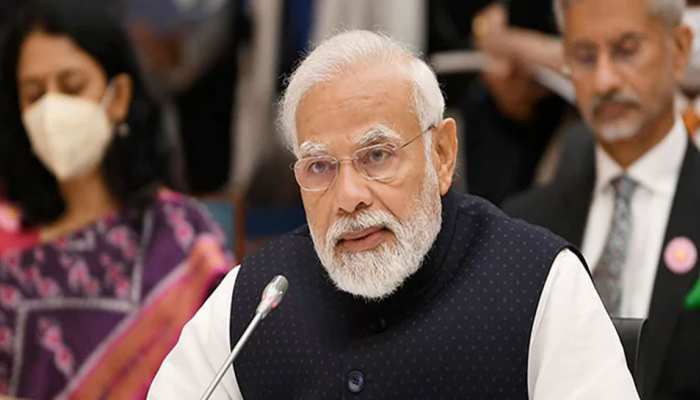


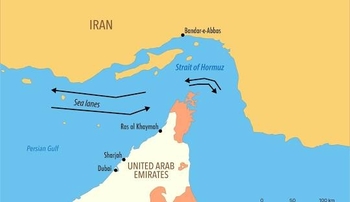


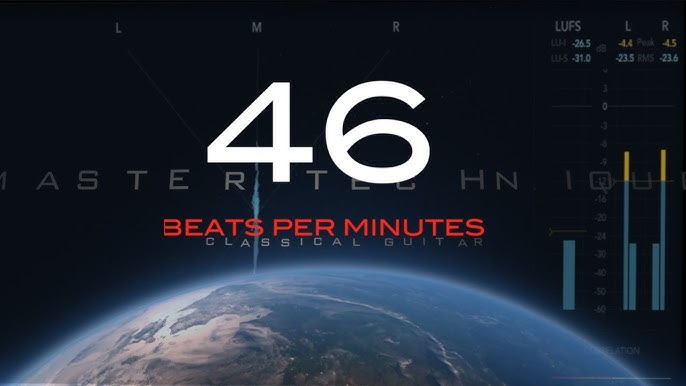

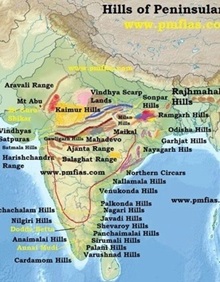




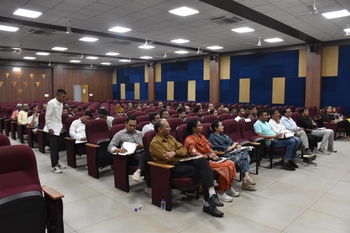


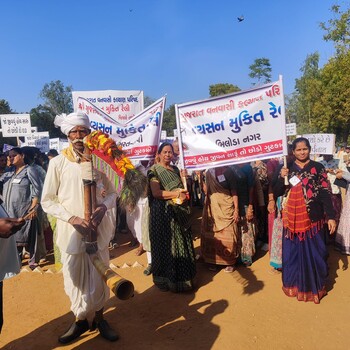


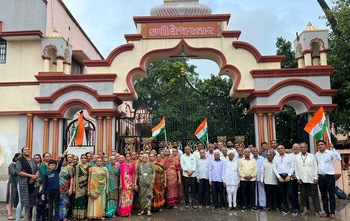

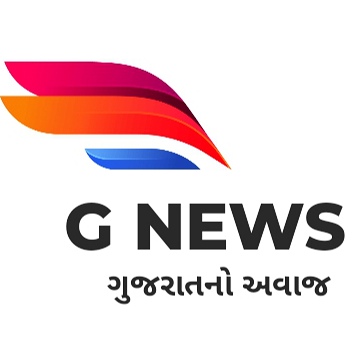








02-Feb-2026